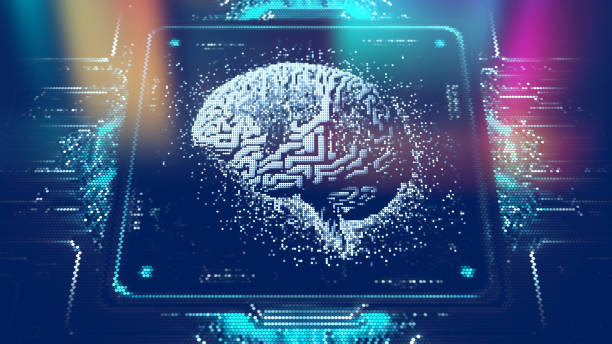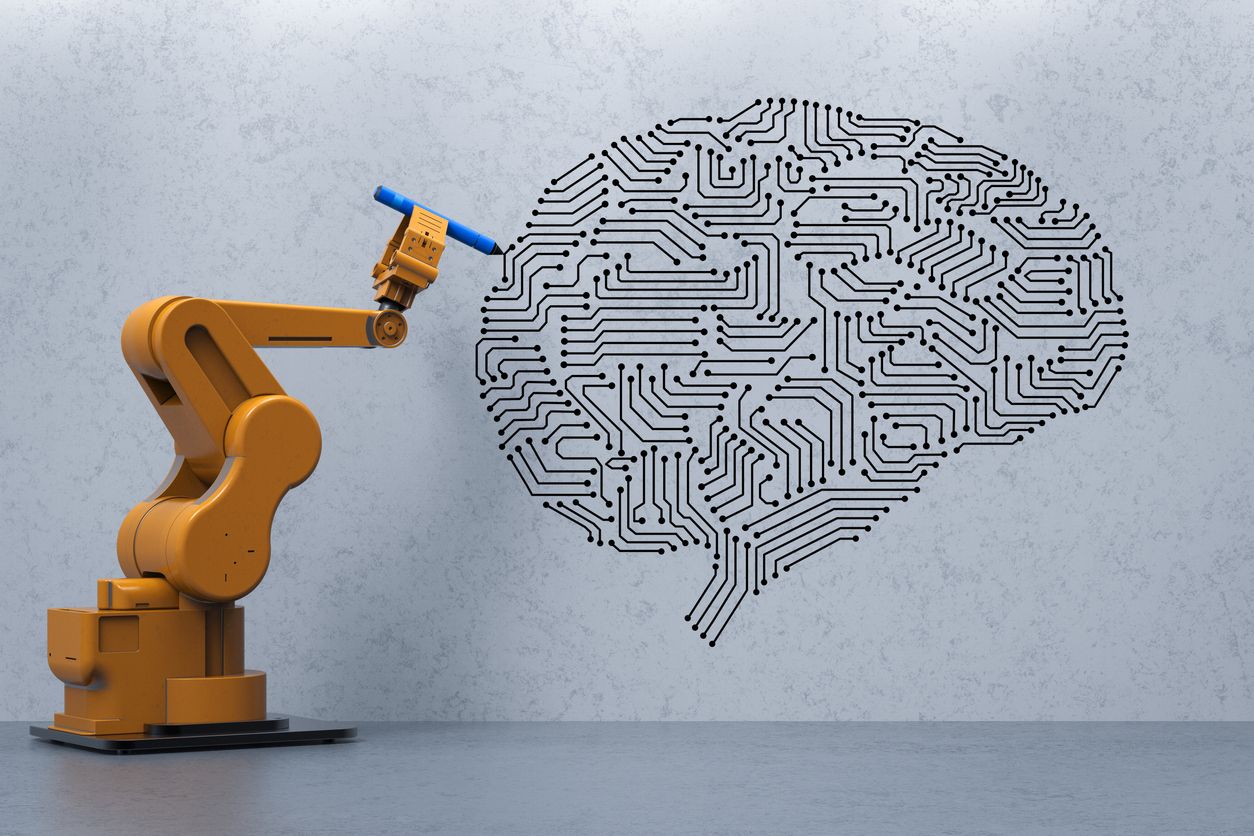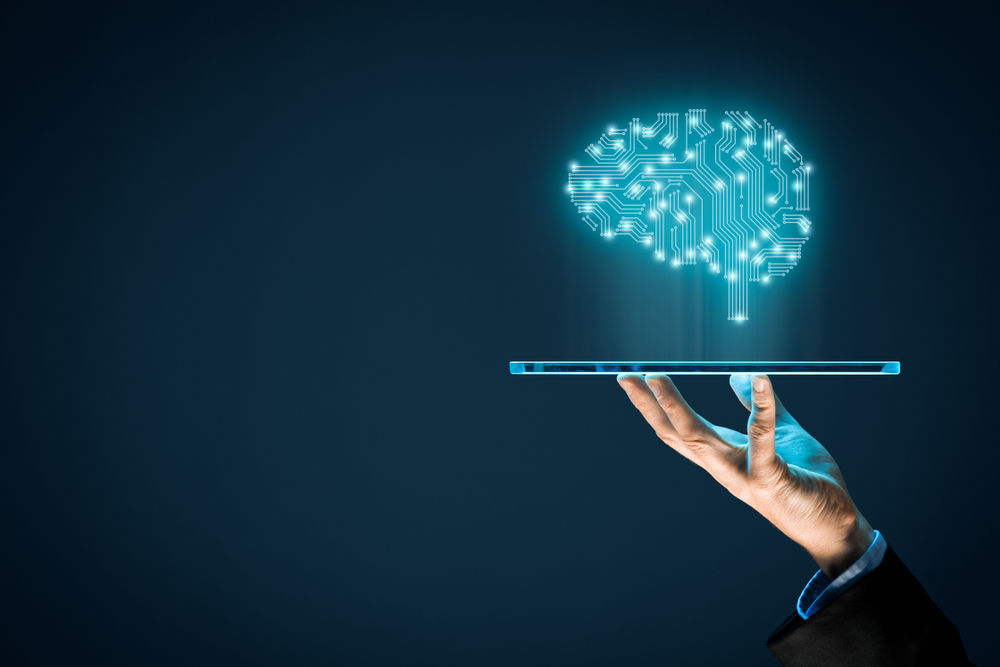As artificial intelligence (AI) becomes more commonplace, it’s inevitable that research will become easier. At its core, AI is the process of making machines learn from data. And with data becoming increasingly accessible, there’s no reason research shouldn’t become easier as well. This is good news for researchers and researchers alike: we can now access data from all over the world in seconds, rather than hours or days. This means we can analyze it more thoroughly and find answers to our questions much faster. So what does this mean for researchers? It means that the barriers to conducting meaningful research are breaking down. As AI technologies continue to evolve, so too will the ways we can use it to help us understand our world.
Background
Artificial intelligence has the potential to make research easier and faster. This is because AI can process large amounts of data more quickly than humans can. It can also create algorithms that are better at understanding complex patterns. This could mean that more research is done in a shorter amount of time, which is good news for scientists and researchers. However, there are some concerns about how artificial intelligence will impact jobs in the future. For example, it is possible that AI will replace human researchers altogether.
Artificial Intelligence: A Brief History
Artificial intelligence (AI) is a branch of computer science that deals with the creation of intelligent agents, which are systems that can reason, learn and make decisions. AI began as research in the 1950s and 1960s by pioneers such as Alan Turing and John McCarthy. However, it wasn’t until the early 1970s that AI began to become usable. In 1984, IBM’s Deep Blue chess machine became the first computer system to defeat a world champion human player. Since then, AI has seen many breakthroughs including self-driving cars and weapon systems.
One of the most significant applications of AI is in healthcare. There are now computers that can diagnose diseases and recommend treatments. These machines are also being used to help doctors understand medical images better.ai
How AI Is Used in Research?
AI is being used in a variety of research fields to help speed up the process and improve the accuracy of data. For example, AI can be used to analyze large amounts of data quickly and correctly identify patterns. This can help researchers identify new insights and understand how things work. AI can also help researchers design better experiments and test more hypotheses.
AI can also help with the analysis of data after the fact. For example, if a researcher wants to know how a particular intervention affected a certain group of people, they can use AI to analyze past data sets to see if that intervention produces similar results in other groups. AI can also be used to monitor how interventions are working over time and make changes as needed.
The Future of AI Research
Artificial intelligence has been around for a while now, and many people think that it will only get easier to use in the future. This is because AI is designed to make things easier for humans, by doing things like analyzing data or carrying out tasks automatically.
There are some people who worry that AI will take away jobs from humans, but this is unlikely to happen in the near future. In fact, AI could actually help improve our economy by creating new jobs and helping us tackle complex problems faster.
Overall, there is a lot of optimism surrounding the development of artificial intelligence, and it seems likely that it will continue to become more versatile and helpful over time.
Conclusion
It is safe to say that artificial intelligence (AI) is changing the research landscape in ways we couldn’t have imagined just a few years ago. With AI, researchers can now access vast amounts of data much faster and with greater accuracy than ever before. Additionally, AI has the ability to automatically analyze large datasets, which makes it an invaluable tool for studying complex phenomena. As research becomes easier with AI, it will soon become easier for scientists to find solutions to some of society’s most pressing problems. So far, this technology has had a positive impact on many industries, including healthcare and finance. However, there are still some areas where AI is lagging behind human capabilities, such as in terms of empathy and creativity. Nonetheless, we believe that overall research will continue to be made easier through the use of AI technology.





